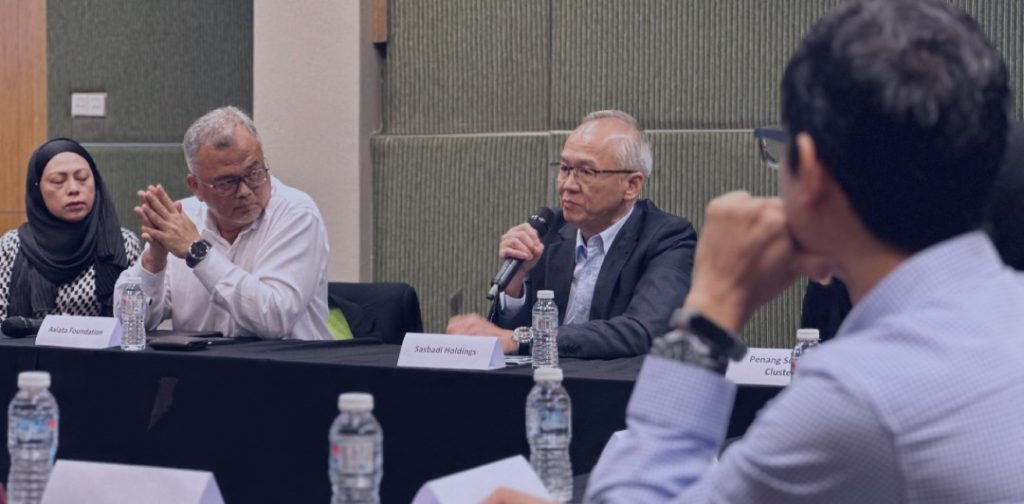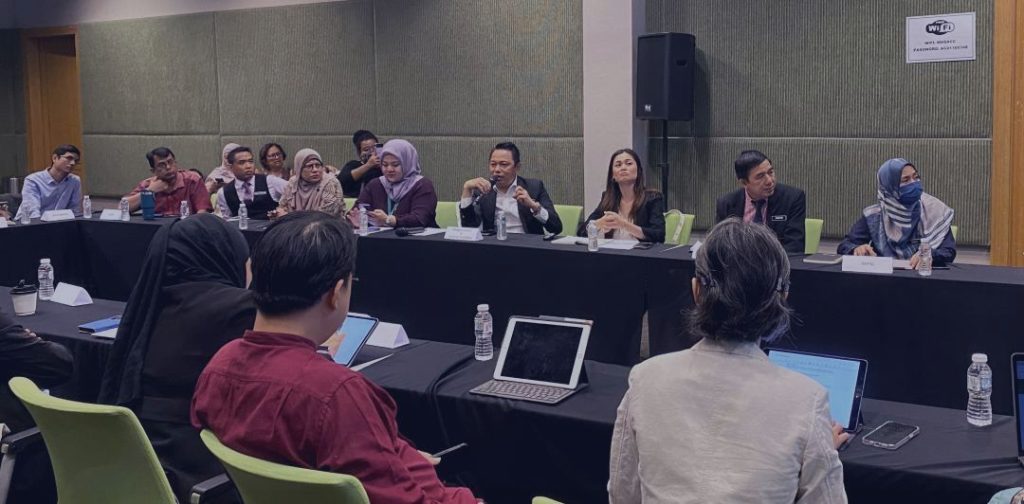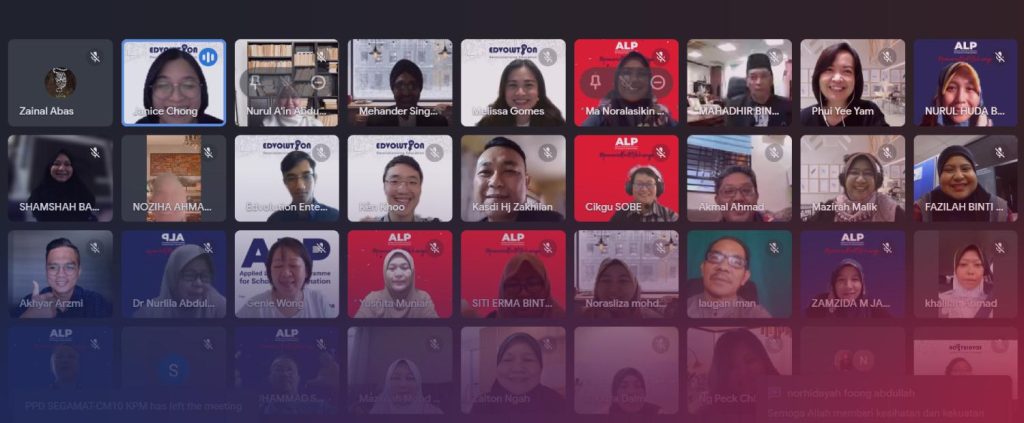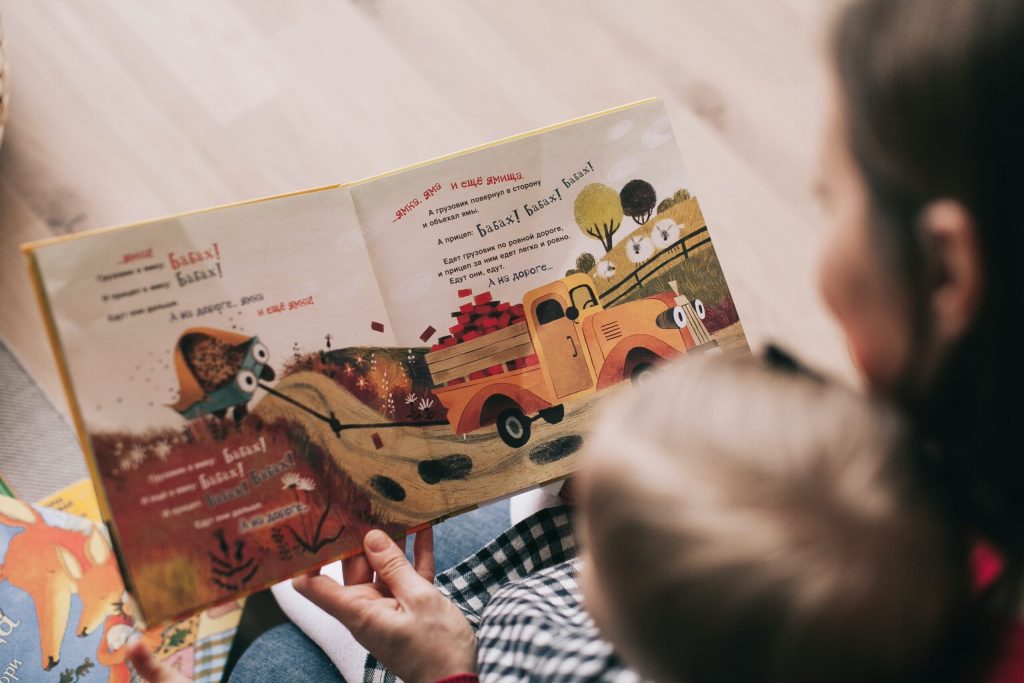By Melissa Tanya Gomes
14 September 2022
A week ago, I wrote about the different school systems that existed during pre-Independence and pre-Malaysia. In that article, I wrote about Sekolah Pondok; a formal education system for the Malay communities to build religious leaders. In addition, I also shared the purpose and objectives of the Malay, Chinese, and Indian vernacular schools in fulfilling a specific political agenda. More importantly, I questioned what motivated students to have such high regard for teachers and schools back then. I found it to be a unique factor in contributing to academic excellence.
Since Malaya reached independence in 1957 and became Malaysia in 1963, education was the first to undergo an overhaul. Realising how schools intended to meet specific political purposes, the then government introduced a national curriculum to reduce economic polarisation between three core ethnic groups in Malaya.
In pursuit of building an equitable education, the Razak Report called for a national school system consisting of Malay, English, Chinese and Tamil-medium schools at the primary level, and Malay and English-medium schools at the secondary schools, with a uniform national curriculum regardless of the medium of instruction. Malay-medium schools would be known as “national” (Sekolah Kebangsaan and Sekolah Menengah Kebangsaan) while other language schools would be known as “national-type” (Sekolah Jenis Kebangsaan and Sekolah Menengah Jenis Kebangsaan)
I asked four of my friends who studied in the four main types of schools in Malaysia how they viewed being a student in those respective institutions. More, I wanted to discover how different students felt then and now.
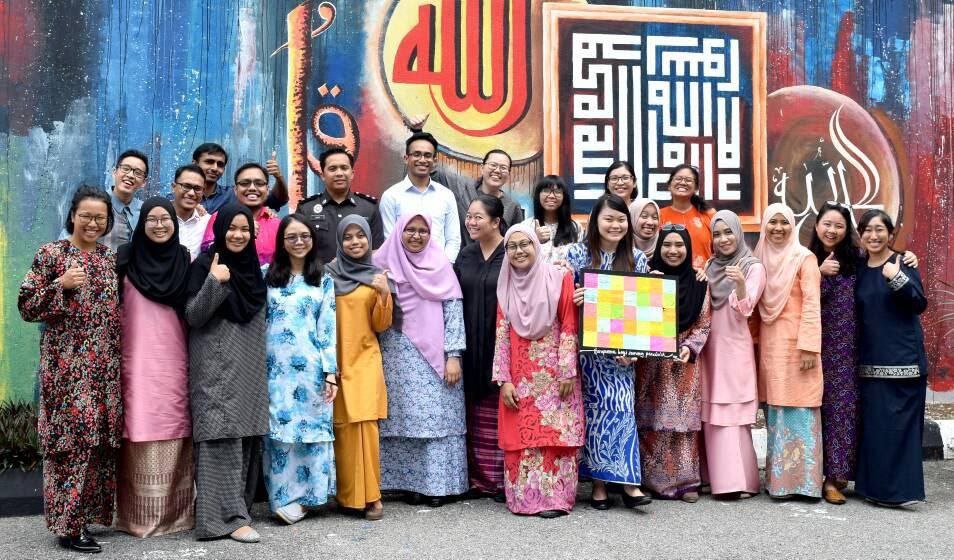
Name: Nur Syaza Suraini
Profession: Educationist (Specialist in Leadership Development and Learning Spaces, Edvolution Enterprise)
School Name: SMKA Al Irshad, Kepala Batas
School Type: National Religious School (Sekolah Agama)
What do I remember most about my school:
I did enjoy my schooling days a lot! Important disclaimer: I would say I am an average student; not someone who shines academically nor has super active participation in co-curricular activities as compared to my peers). Three things I remembered fondly:
- Creative, passionate, and supportive teachers, student leadership, and ownership of our learning.
- Souq Arabiy (annual Canteen Day where students wore black and white ‘jubah’ (robe), while performing transactions in Arabic.
- Practical experience outside the classroom with ‘korban’, ‘haji’, and ‘umrah’ simulation at the school field.
Why I am proud of my school:
As a student, my school gave me a solid learning experience. In retrospect, as a teacher, I can imagine how hectic it must have been for teachers to push us toward that excellence. Thus, when I became a teacher, I tried to emulate my teachers in providing my students with a similar experience.
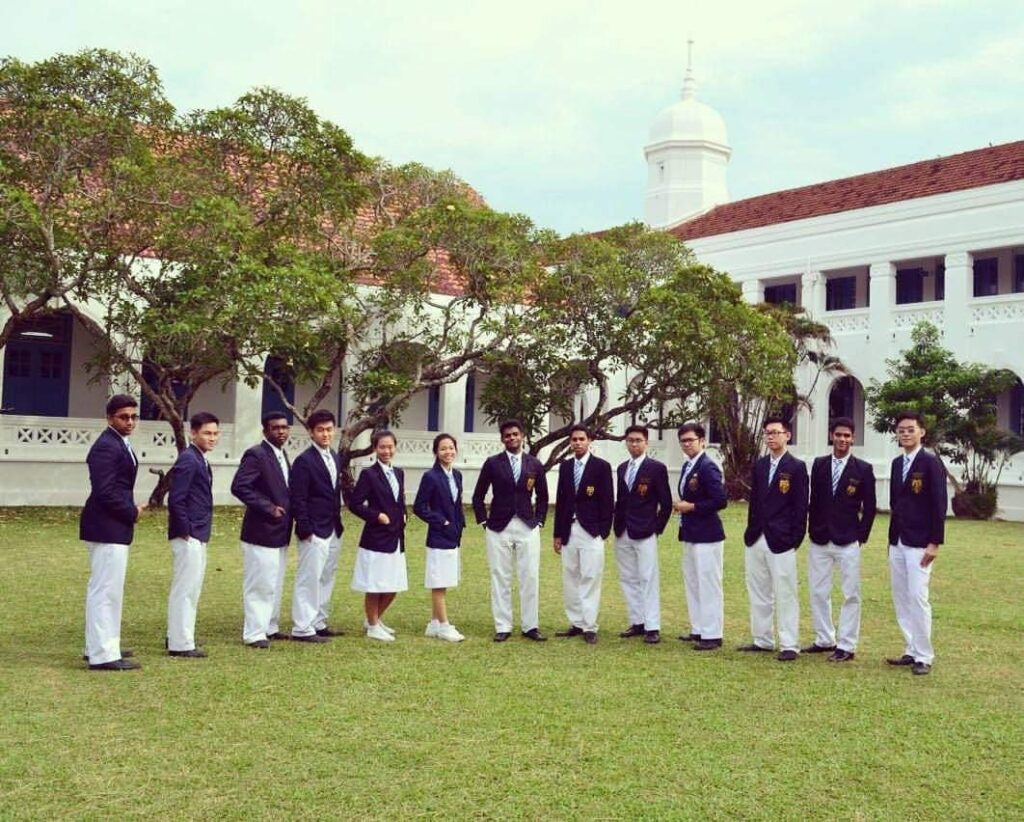
Name: Shawn Stanly
Profession: Teacher (Teach For Malaysia Fellow)
School Name: Penang Free School, Georgetown
School Type: English School
What do I remember most about my school:
The most memorable part of my high school experience is being involved in clubs and societies, especially being part of the Board of Prefects where I served as the Head Prefect in my final year, and the Red Crescent Society. Being an active student and holding important positions in these societies was a valuable experience as it contributed to my learning and growth as a leader. As student leaders, teachers had always allowed us to lead our respective clubs independently and were always open to hearing us out. That relationship with my teachers gave me the courage to try new things and make mistakes. I am also grateful for the many friends whom I now call family. Six years have passed since we left school, but the brotherhood we share keeps us together.
Why I am proud of my school:
Being the first English school in Malaysia, Penang Free School is rich in traditions where it is inherited, practised, and preserved from generation to generation. For over two centuries, the school has produced notable and renowned leaders in the country and the world. Here, I credit the foundations of our success to the school.
As I reminisced, this foundation is crucial in my career as a teacher. Today, l carry with me the lessons and skills of creating a fun and valuable learning environment for my students in hopes that they will have a memorable learning experience as I did. As an alumnus, we are thought to carry bits and pieces of our time with the Grand Old Lady and empower others along the way.
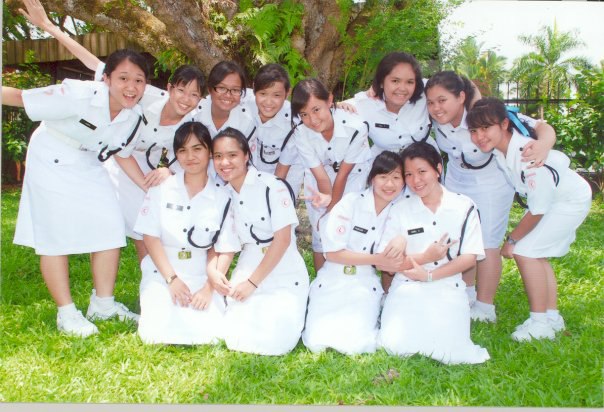
Name: Cherie Nicole Haddy
Profession: Curriculum Designer, Edvolution Enterprise
School Name: SMK St Teresa, Kuching
School Type: Mission School
What do I remember most about my school:
The thing I remember the most about my school is the accumulation of memories I’ve made with my friends. I was very active in school, so I attended a lot of competitions, camps, and events. Some of them required me to camp in school; those were some of my most memorable times back then.
In 2006, I took part in the formation during the 49th Merdeka celebration with some of my Form 2 schoolmates which was held at Kuching that year. Three of the Form 2 classes were called to join in this formation with students from other schools, so I made many new friends that year. We attended practices at the state stadium every week for 2 to 3 months following the big event, and we had to skip a lot of classes for it. Being students, we were excited to have a reason to miss school even though we had to stand, walk, and run under the sun for hours at a time. Such was the joy of youth.
I remember one night before the big celebration happened at Padang Merdeka, all of us, including the teachers had to stay in school because we had to be at Padang Merdeka as early as 5 AM. Even though our school is five minutes away from the ‘padang’ by car, our teachers wanted to make sure that we were punctual, so we all camped at the school library.
We brought sleeping bags and some change of clothes and took showers at the school toilet. One of the best things about being in an all-girl school is that we don’t have to be conscious about our bodies. Our big sleepover in the school library (which was also rumoured to be haunted) helped bonded us to an experience which we still remember vividly many years later. Friends who haven’t seen each other years after leaving school would still ask, “Remember when we slept at the haunted library the night before the Merdeka formation?” We would recall our experiences fondly and return to our 14-year-old selves.
Why I am proud of my school:
There are many things I could be proud of about my school, but the one thing I’m most proud of is the dedication of the teachers. Growing up in my secondary school, I have seen how committed my teachers were to the many activities and events that they had to organise alongside the students. Naturally, some teachers were more involved than others in certain things, but they still worked hard to make things happen while having to teach and prepare lesson plans.
Even though the extracurricular activities were led by the students, the teachers were still present to oversee and advise. What I love most about my teachers were the fact that they allow us to be ourselves and do things our way. They don’t micromanage or try to control our way of managing the clubs, but we know they are always there whenever we need their support. This way, they taught us to be independent and learn to build our leadership skills. I also appreciate their effort to bond with their students, especially during events or competitions.
In 2008, I represented my school in a district-level choral speaking competition in Sibu, Sarawak with some of my Form 4 schoolmates. We worked extremely hard for it and had high hopes to win first prize in the competition. But we won second place instead, and the teachers could see how dejected we were because they knew how hard we’d prepared for the competition. Instead of rebuking us, they lifted our spirits with encouraging words and advice. We felt closer to our teachers during that trip because they allowed us to see a side of them that they don’t normally show in school. Times like these remind me that my teachers are human too. And to me, they are super-human, because, on top of having to teach and manage a myriad of administrative matters, they inspire us and try their hardest to raise us to be the best versions of ourselves. They truly lived up to our school motto: Amare et Servire (Love and Serve).
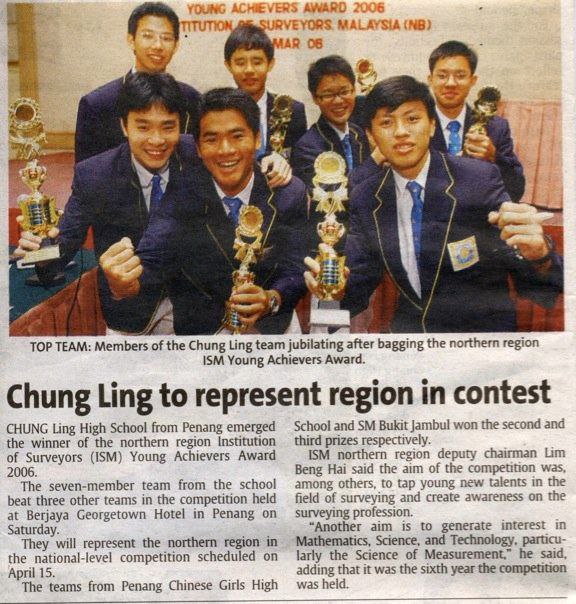
Name: Loh Ji Yuan
Profession: Content Creator, Digital Marketing, Entrepreneur, Khai Marketing Solutions
School Name: Chung Ling High School (CLHS)
School Type: Chinese Vernacular School
What do I remember most about my school:
I was initially assigned to another school and was told to wait for the invitation letter to see if I got into Chung Ling High School. All I knew about the school was hearsay that it’s the top Chinese vernacular school on Penang Island with a rich history.
Although my grandfather went to an English medium school during British rule, he told me that Chung Ling is a prestigious school, he told me that anyone who graduated from Chung Ling during his time was regarded as a top pick for employers. According to him, Chung Ling produced students with excellent command of English despite being a Chinese vernacular school.
When I finally received the letter and entered the school, I had mixed feelings. On one hand, I felt like ‘I’ve made it’, on the other hand, I was nervous as the top students from each primary school around the island are coming under one roof.
I remember that there was always an air of pride throughout the school, which can be observed from many aspects.
The historical architecture was impressive, the landscaping and hygiene were impeccable, the students were hard-working, and the strict teachers set internal exam questions that were more difficult than the public examinations.
What we considered school pride was perceived and described by students from other schools as ‘cheekish’ arrogance. I guess that came from our desire to dominate and win every inter-school competition. It is what drives us to strive for excellence to maintain the good name and the rich history of the school.
Why I am proud of my school:
I have always been proud of myself for being a student of CLHS. I remember feeling so proud that one time I was even in tears whilst singing our school anthem that ends with the school motto “Love Our Chung Ling”.
Back then, whenever people asked me which school I’m from and when I told them I’m from Chung Ling High School, they almost always reacted with admiration and awe.
I had initially thought it was only because of academic excellence, but later, I also learnt that the school’s pride was also built on a foundation of its rich history of patriotism.
In front of the school hall, we have a memorial with the names of former teachers and students of CLHS who were martyred for their activism against the Japanese occupation in Malaya. Subsequently, during the Malayan Emergency, the headmaster at that time David Chen, and two other teachers were assassinated from 1949 – 1952 by the Communist Party of Malaya.
After graduation, some of us continue our school spirit by joining our alumni association with a global network across Asia, Europe and North America. Annual events are also held for kinship and to raise funds for the school.
We also have other rituals, for example: On the 25th year post-graduation, the alumni committee of that year will be appointed as the custodian of the school shield for 1 year and in the following year, it will be passed on to the next batch at their gathering dinner.
Conclusion
Malaysia’s education may have experienced many changes since its formation in 1963. However, one thing that remains is how schools have defined our values and personality. As a teacher, I urge my fellow educators to stand firm in their profession and never grow weary of serving the younger generation.
As we remember our country, Malaysia, the day Malaya extended its nationhood with Sabah and Sarawak, let us also reflect on how Malaysians can march together stronger to bring back its glory days.
Melissa Tanya Gomes is the Co-Founder and CEO of Edvolution Enterprise. She has more than 10 years of experience in management consulting and education. She co-founded a school improvement initiative for which she was awarded the Excellence Service Award by the Ministry of Education Malaysia in 2018


